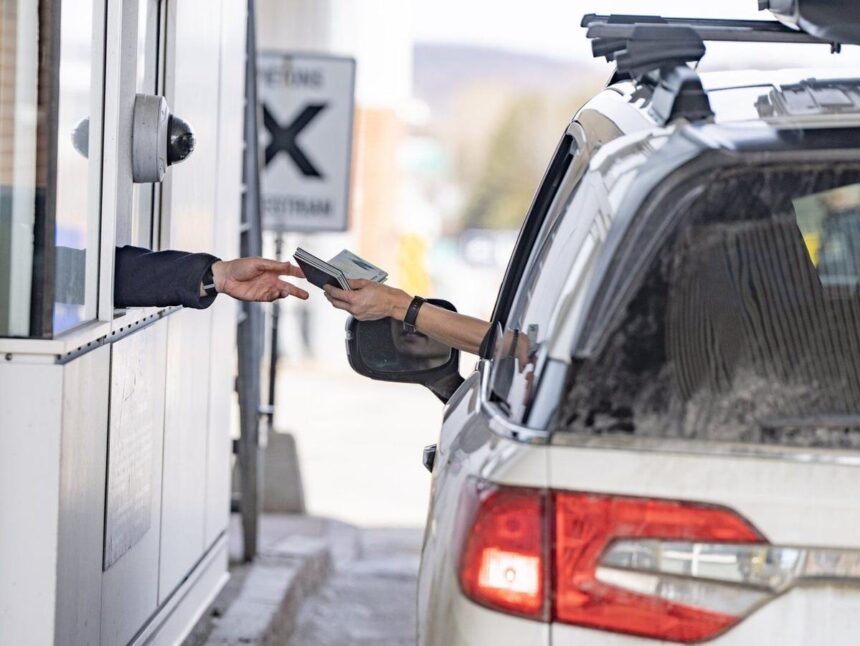The government of Canada has disclosed plans to roll out an AI border screening initiative by the end of 2027.
The move was announced by the Canada Border Services Agency (CBSA).
The CBSA disclosed that the AI border screening will be made available at land crossings.
The Canadian government said it has already committed more than CAD 15 million to the project. The plan is to expand the TCI to every land port by late 2027, then introduce it at airports and seaports.
According to the CBSA, the new initiative is expected to improve visa processing times and enhance security for millions of annual travelers.
It was gathered that the initiative, dubbed the Traveller Compliance Indicator (TCI), will be operational at six undisclosed land ports of entry.
This new system is expected to leverage predictive analytics to assign each traveler a “compliance score” in real time, drawing on five years of historical CBSA data including travel patterns, vehicle information, and identification details.
By flagging potential higher-risk individuals for secondary inspections, the TCI aims to streamline entries for low-risk travelers while allowing officers to focus on genuine threats.
“This technology represents a game-changer for border management,” said CBSA spokesperson Marie-Pierre Lahaie in a statement released last week. “It reduces false positives, cuts down on wait times, and ultimately makes crossings safer and more efficient for everyone.”
Meanwhile, it was gathered that despite the AI border screening initiative, only CBSA officers make the final decision on border crossing. The TCI is said to be just an assistant that provides a recommendation.
Also, a breakdown of the rules of the new initiative showed that the AI will gather information on an individual through;
• The person’s previous travel history
• The type of identification they present
• Vehicle details
• Other border entry data that may indicate patterns of compliance or risk
However, the national president of the Customs and Immigration Union (CIU), Mark Weber has raised concerns over the new AI technology.
Weber said the new initiative could erode the importance of about 12,000 workers, more than half of whom are front-line workers.
“Usually you think of bread-and-butter union issues as being things like … salary, benefits, all those things,” he said.
“What we spend a lot of time bringing up with our employer is letting our members do their job right. We see technology really taking over an agency that has no interest in interdiction.”
The union’s collective bargaining agreement with the federal law enforcement agency expires next summer.
Weber said his membership is concerned about the agency pulling back on human-to-human interactions.
“You get good at … picking up on indicators, you learn what the difference is. I think a lot of what we do is based on interviews. It’s based on speaking with travellers. It’s based on reading body language and reaction. I think AI … really is not able to do any of that.”
According to Weber, no one with “ill purposes” is going to voluntarily speak to an officer.
“No one’s ever going to self-declare at a kiosk that they’re smuggling. It’s never happened.”





